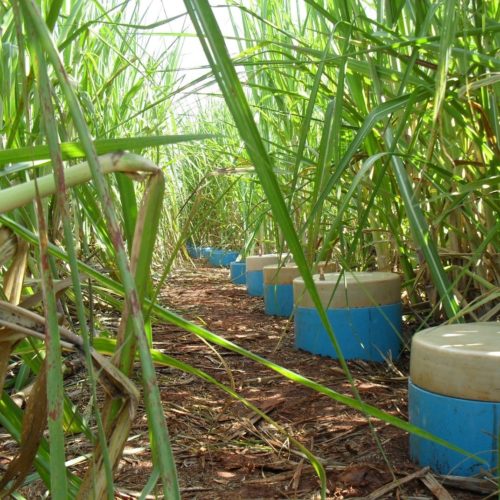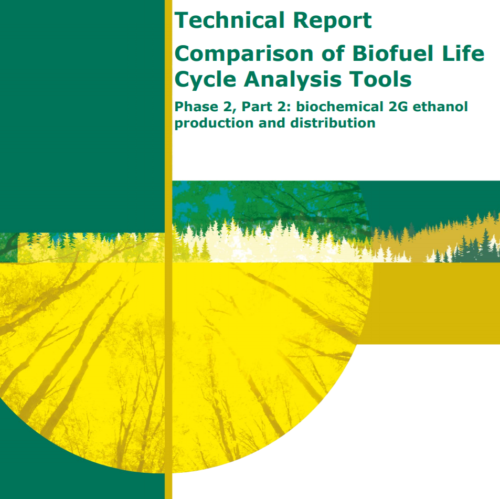FEATURED STUDY
Less GHG: new study revises ethanol emissions in Brazil
A study coordinated by LNBR/CNPEM uses regionalized data and identifies that Brazilian ethanol has a carbon footprint 19% lower than the average calculated by the IPCC; research used data published between 2013 and 2020
FEATURED STUDY
Comparison of life cycle analysis tools for biofuels
Study performed in partnership with the International Energy Agency (IEA) provides recommendations to promote transparency and harmonization of life cycle analysis (LCA) models
The search for more sustainable processes, products, and activities has become increasingly central on development agendas, ensuring the needs of present and future generations, promoting actions that minimize impacts on the environment, optimize the use of natural resources and generate socioeconomic benefits.
We can say that the concept of sustainability is supported by a three-tier concept that encompasses economic, environmental, and societal aspects, and only by uniting all these different dimensions can we achieve sustainable development, as established by the UN in the 17 Sustainable Development Goals proposed in its 2030 Agenda.
Historically, the economic dimension has always been heavily focused on concepts such as economic prosperity, market competitiveness, growth strategies, profit maximization, and efficiency in the application of resources. Environmental aspects – such as the conservation of natural resources, use of renewable energy, respect for biodiversity, minimization of waste generation, and establishment of a circular economy – and societal aspects – such as the valorization of human rights and social welfare, with ethical bases and promotion of inclusive policies – have been irreversibly incorporated into sustainable development agendas, even in environments traditionally dominated by economic issues, as is the case of the growing interest in the concept of ESG, incorporating environmental, social, and governance issues in the business and financial environment.
In order to guide technological developments and the transition to a bio-based and renewable economy, it is essential that sustainability issues are always taken into consideration. At LNBR, through the use of advanced modeling and computer simulation techniques and tools, we work to anticipate and estimate the impacts associated with the production of biorenewables, thus ensuring choices of processes, products, and activities that promote sustainable development.
CONTACT US
Sustainability
Mateus F. Chagas
lnbr.dir@lnbr.cnpem.br


